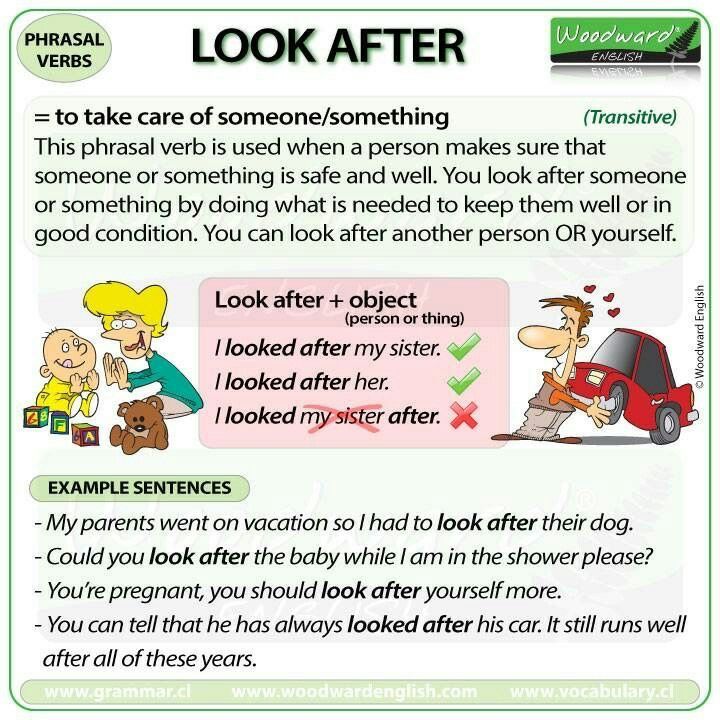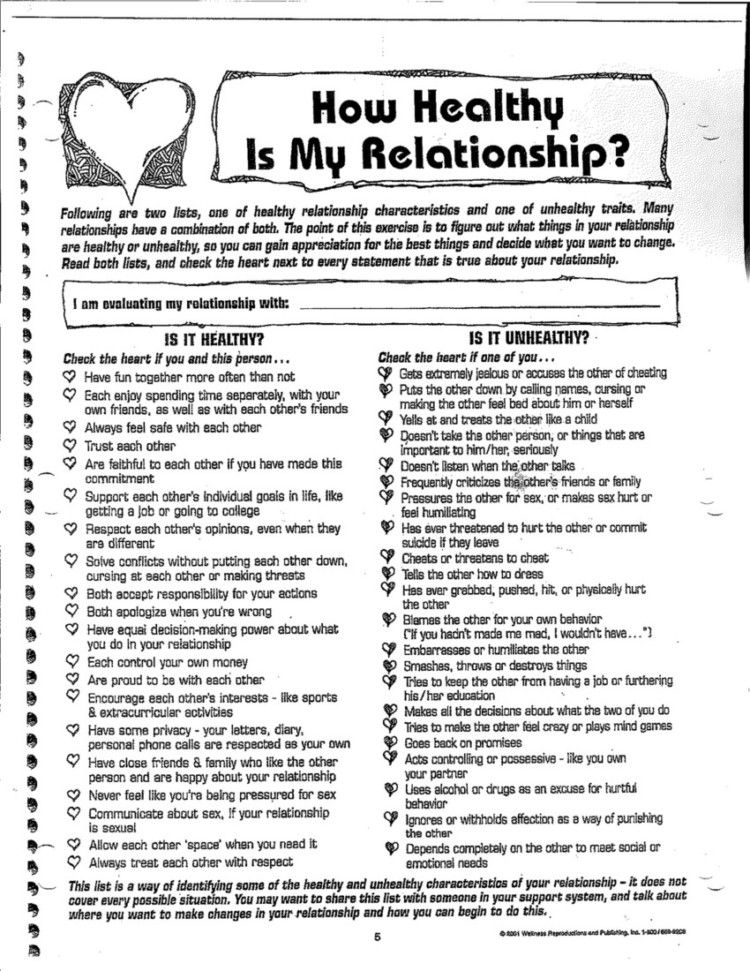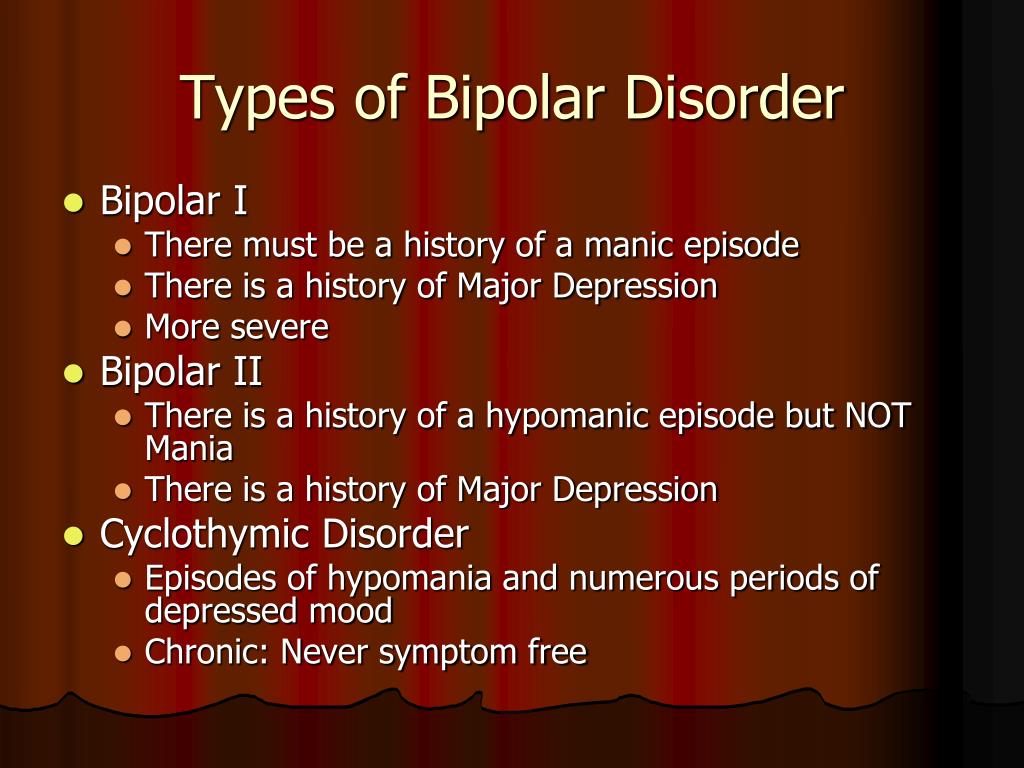Attached to rejection
Attachment to Rejection: A Psychological Syndrome
Note: This page is a work in progress. As our understanding of the attachment to rejection develops, the information here will be updated. The information below is not intended to diagnose or treat any mental health condition and is to be considered for personal development or entertainment purposes exclusively.
The Attachment to Rejection is a pervasive tendency toward feeling rejected by self or others. It includes the tendency to consciously or unconsciously encourage and at the same time deny feelings of rejection through simple or elaborate self-fulfilling schemes.
Attachment to Rejection : Associated Feelings
Feeling rejected includes:
Hurt, betrayal, loneliness, humiliation, shame, disapproval
Defensive Reactions
After consciously or unconsciously feeling rejection or associated feelings, common defensive reactions are:
Anger, humor, offense, reciprocal blame, outrage, shock, confusion, hopelessness, self-doubt, discouragement, melancholy, fear, guilt
Defensive reactions typically encourage more rejection.
Self-fulfilling Lenses
Self-fulfilling lenses are the perceptual filters through which the Rejection Attachment is unconsciously perceived, sustained and encouraged.
Lenses are often manifest as conscious or unconscious self-talk.
Examples of lenses that encourage rejection:
If I ask for what I want, they will say no because they hate me.
If I go to the party, people will think I’m weird.
If I speak my mind, I will look like a fool.
People see right through me and don’t like what they see.
I am worthless, no good.
If I tell the truth or share my feelings, I’ll be outcast and alone.
My feelings don’t matter.
Nobody cares about me.
I’ll never amount to anything, so why try.
Common Set Ups for Rejection
Seeking approval from people who have demonstrated consistent non-approval
Under-performing at tasks that fall within capabilities (encouraging disapproval)
Provoking others (picking fights)
Choosing romantic partners that are critical, disregarding or mean (includes physical attraction)
Inappropriate humor
Lack of boundaries or respect for others’ personal space
Insistence on behaviors that encourage others to view one negatively
Common Symptoms
Consistent feelings associated with the Rejection Attachment.
Fear or anxiety as a result of anticipating rejection or disapproval.
Craving approval or worrying about what others think.
Chronic comparing of self to others (favorably or unfavorably).
Chronic anger or defensiveness.
Perfectionism
A variety of self-sabotaging behaviors
A tendency to fail due to lack of effort
Tendency to use self-deprecating humor
Inability to say no
Feelings of inadequacy
Tendency to attempt to please others
Guilt
Lack of other awareness
Forms of Denial
Blaming others for feelings
Believing the Rejection Attachment is “reality”
Not seeing the connection between one’s behaviors and feelings
Inner passivity: feeling as if the rejection is coming from an outside source and therefore outside of one’s control.
Elaborate Schemes
One may organize an entire life around the Rejection Attachment. This may include:
Choosing a life partner or friends that are incompatible
Selecting a career in which success is unlikely
Denying one’s own wishes to please others
Passing the Rejection Attachment on to children
The most effective way to overcome the Rejection Attachment is to use the principles outlined in the AHA Solution. Begin by watching this free video. By following our principles, you should be able to reclaim your positive emotions and stop seeking out negative ones.
Begin by watching this free video. By following our principles, you should be able to reclaim your positive emotions and stop seeking out negative ones.
- Author
- Recent Posts
Mike Bundrant
Co-Founder at iNLP Center
Mike Bundrant is a retired psychotherapist, Master NLP trainer, and ICF Master Certified Coach (MCC). He and his wife, Hope, co-founded iNLP Center in 2011.
Latest posts by Mike Bundrant (see all)
4 Reasons We Want People Who Don't Like Us Back — and What to Do
We’ve all been there: caught up trying to solve why potential friends or partners won’t give you the time of day. It’s especially mind-boggling when you can’t seem to figure out why they aren’t responding. After all, you’re nice and fun to be around, right?
As it turns out, this puzzling behavior doesn’t only emerge in romantic relationships — it also pops up in many social situations.
For instance, you might insist on becoming friends with a coworker who says yes to your afternoon coffee invites but bails at the last minute. Or maybe a friend of a friend never makes an effort to say hello in group settings.
Or maybe a friend of a friend never makes an effort to say hello in group settings.
But instead of writing the person off, you try to win them over. In psychology, we call this chronic need for chasing unavailable relationships “rejection sensitivity.“
Chances are your situation isn’t a chronic occurrence, but if you find yourself mulling over the moment more than you’d like, here are some questions to ask yourself:
Great question! First, we’ve got to tackle some behaviors: Think of a scenario where someone likes you. What’s your response?
Are you eager to start texting and make a coffee date or do you wait a few days before responding? Do you feel unworthy of positive attention?
If insecurity plays a role in your response, it might mean that you have a scar from your childhood. We call this an early attachment wound, such as growing up with an emotionally walled-off and critical parent, or seeing your parent’s marriage splinter in half.
This often starts patterns of trying to befriend people who dislike closeness. Why? Because you had more problematic frames of reference for relationships than nurturing ones.
If this sounds like you, focus on the facts the next time you find yourself spiraling into anxiety. Ask yourself: Is there any evidence that your newfound friend will reject you?
Keep in mind that even if an early attachment wound caused “rejection sensitivity,” not everyone you meet will ignore your emotions and push you away like you may have experienced in the past.
If you’re looking to sort through these complicated emotions, don’t put your hope in the friendship basket. A therapist who can help you untangle your attachment patterns may prove a better fit.
Let me explain, if you find yourself gravitating toward partners or friends with larger-than-life personalities, is it the person you’re actually interested in? Translation: If you’re trying hardcore to be friends with the popular coworker, is it because you like them — or are you envious of their pull?
Now, this doesn’t mean you aspire to be like the Kardashians, but it could mean you’re dissatisfied with some aspect of your life. Perhaps it’s a constant a battle to see yourself in a positive light, and because of this, you place all of your energy running after unattainable friendships.
Perhaps it’s a constant a battle to see yourself in a positive light, and because of this, you place all of your energy running after unattainable friendships.
If this is the case, self-acceptance exercises may illuminate a meaningful life lesson.
For starters, keep track of the positive comments that come your way. Did your coworker compliment your outfit, or did a friend thank you for giving them sound relationship advice? Whatever it is, take note, because chances are you’re valued by others more than you realize.
Another great idea is to start a gratitude journal and write down one or two things that you appreciate each day. These may seem like simple exercises, but they can truly shift our perspective by cultivating positive feelings, which can help lift our self-esteem.
I don’t mean to get psychoanalytical on you, but sometimes it does come back to mom. Moms get a bad rap because society often makes it seem as if the “perfect” mom is always warm, loving, and joyful. But what if your mom wasn’t always bursting with sunshine? Or what if your mom took a “tough love” approach to parenting?
But what if your mom wasn’t always bursting with sunshine? Or what if your mom took a “tough love” approach to parenting?
Most likely, no one’s mother fits the stereotypical cultural portrayal — and that’s okay. What’s important is understanding how your relationship with your mom influences your relationship experiences.
For example, if you grew up with a mom who seemed emotionally distant or constantly criticized you for not perfecting your SATs, and being the star of the soccer team, you might try to win over closed off people.
Psychoanalyst, Sigmund Freud called this a “reenactment.” While some may say his theories are outdated, he was absolutely correct when he said we tend to play out old family scenarios in the present moment.
The other aspect of human behavior Freud nailed is this: We all engage in behaviors unconsciously. Reenactments are rarely conscious, which is why the behavior can be hard to break. In our minds, we’re merely repeating a familiar pattern that used to be a normal way to interact with others.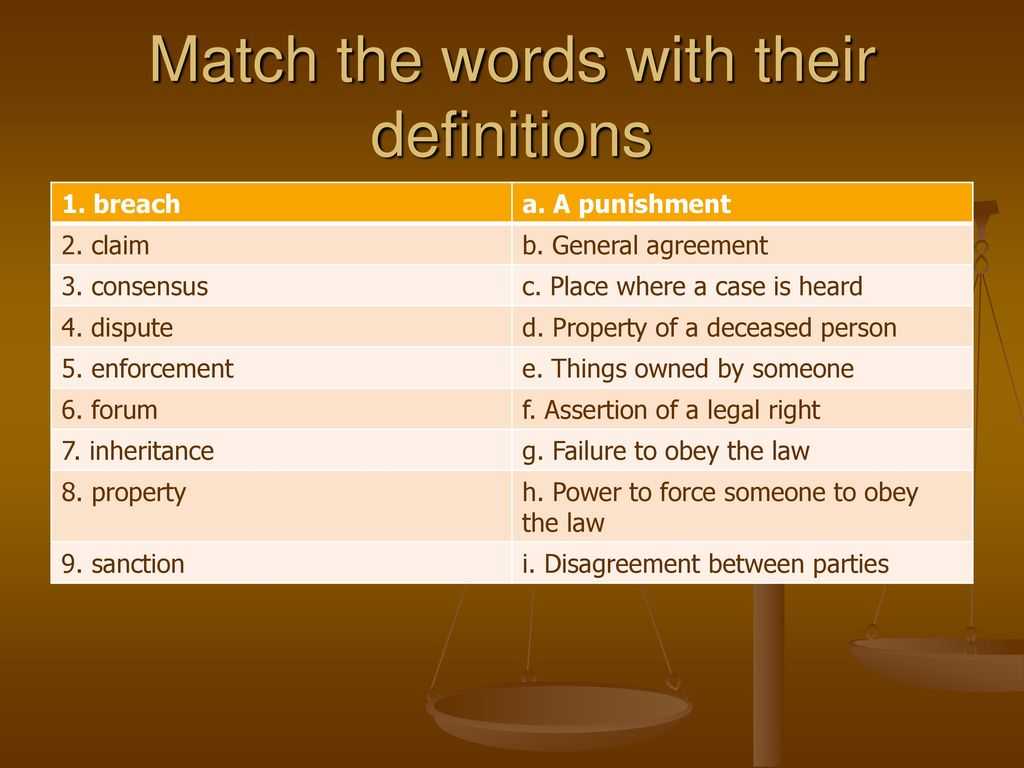
Because we’re not aware of this behavior, it often takes someone like a friend, coworker, family member, or therapist to bring it to our attention.
Many years ago, I went out on a limb and told my friend that she always seemed to befriend cruel people. While she was taken aback at that moment, she came to realize that she was replaying an old painful dynamic. Not only was she drawn to emotionally closed off people, but she mistakenly believed that charming them over would repair her childhood baggage.
If you see rejection as a sign of failure, not being liked can be a big pill to swallow. When this happens, the unrealistic need to be perfect can drive us to invest too much of ourselves in the wrong situations — and with the wrong types of people.
You might ask yourself why you hold yourself to such high standards? If a friend with a similar problem asked you for advice, what would you say?
Often, the pursuit of perfectionism is fueled by our need to avoid icky emotions like vulnerability, embarrassment, and shame — the very sentiments that feeling imperfect can activate.
If this sounds like you, you might ask yourself: “Where did the message come from that you aren’t ‘good enough,’ and that being disliked is a personal failure, instead of a sign of being human?”
Whatever the scenario, chances are your behaviors reflect an old childhood or adolescent wound that never fully healed. If these tips triggered something for you, you may want to read about fawning. If it’s hard for you to break the cycle of “rejection sensitivity,” speaking to an expert about your behavior can help.
And a gentle reminder: If these tips don’t fit your case, it doesn’t give license to push for a relationship to happen. After all, in an era when personal information is plastered on the internet, people have a higher need for boundaries. And we need to respect those boundaries, no matter how cool we think the person is.
After all, you don’t want them to think of you when that Mariah Carey song comes on.
Juli Fraga is a licensed psychologist based in San Francisco, California. See what she’s up to on Twitter.
See what she’s up to on Twitter.
Forms and methods of filing a complaint (appeal) | Federal Tax Service of Russia
Page content
- Complaints (appeals) against acts of tax authorities of a non-normative nature, actions (inaction) of their officials falling under the definition of a complaint established by Article 138 of the Tax Code of the Russian Federation
- Complaints against decisions and (or) actions (inaction) of tax authorities and (or) their officials in the provision of public services for state registration of legal entities, individuals as individual entrepreneurs and peasant (farm) enterprises and public services for the provision of information and documents contained in the Unified State Register of Legal Entities and the Unified State Register of Individual Entrepreneurs.
 ..
.. - Consideration of appeals from citizens, associations of citizens, including legal entities with complaints about acts of a non-normative nature of tax authorities, actions (inaction) of their officials, in the manner established by Federal Law No. 59-FZ of May 2, 2006 “On the procedure for considering citizens' appeals »
- Complaints related to the conduct of control (supervisory) measures (Federal Law No. 248-FZ of July 31, 2020 "On State Control (Supervision) and Municipal Control in the Russian Federation")
- Complaints against decisions on state registration or refusal of state registration (Federal Law No. 129-FZ dated 08.08.2001 “On State Registration of Legal Entities and Individual Entrepreneurs)
- Pre-trial (out-of-court) procedure for appealing decisions and actions (inaction) of tax authorities exercising state control and supervision over compliance with currency legislation, as well as their officials
Complaints (appeals) against acts of tax authorities of a non-normative nature, actions (inaction) of their officials falling under the definition of a complaint established by Article 138 of the Tax Code of the Russian Federation
Way of filing a complaint
A complaint is filed with a higher tax authority through a tax authority, acts of a non-normative nature, actions (inaction) of whose officials are appealed (Article 139Tax Code of the Russian Federation).
An appeal against a decision to hold liable for a tax offense or a decision to refuse to hold liable for a tax offense is filed through the tax authority that issued the relevant decision (Article 139.1 of the Tax Code of the Russian Federation).
Complaint form
The complaint is submitted in writing. The complaint shall be signed by the person who filed it or by his representative. If a complaint is filed by an authorized representative of a person appealing against an act of a tax authority of a non-normative nature, actions or inaction of its officials, documents confirming the authority of this representative are attached to the complaint. nine0029 A complaint can be sent electronically via telecommunication channels or through the taxpayer's personal account (Article 139.2 of the Tax Code of the Russian Federation).
Content of the complaint (Article 139.2 of the Tax Code of the Russian Federation)
- Last name, first name, patronymic and place of residence of the individual filing the complaint, or name and address of the organization filing the complaint;
- Complained act of a non-normative tax authority, actions or inaction of its officials; nine0005 Name of the tax authority, an act of a non-normative nature, the actions (inaction) of whose officials are being appealed;
- Grounds on which the complainant believes that his rights have been violated;
- Complainant's claims;
- Method of obtaining a decision on a complaint: on paper, in electronic form via telecommunication channels or through the taxpayer's personal account.
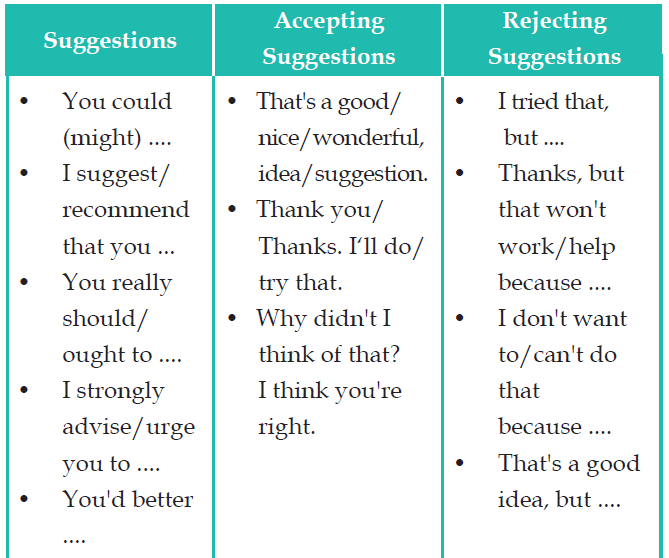
Complaints against decisions and (or) actions (inaction) of tax authorities and (or) their officials in the provision of public services for state registration of legal entities, individuals as individual entrepreneurs and peasant (farm) enterprises and public services for the provision of information and documents contained in the Unified State Register of Legal Entities and the Unified State Register of Individual Entrepreneurs
(Federal Law No. 210-FZ of July 27, 2010 “On the Organization of the Provision of State and Municipal Services”, Order of the Russian Ministry of Finance No. 5n of January 15, 2015 “On Approval of the Administrative Regulations for the Provision of State Services by the Federal Tax Service for the Provision of Information and Documents, contained in the Unified State Register of Legal Entities and the Unified State Register of Individual Entrepreneurs", Order of the Ministry of Finance of Russia No. 169n dated September 30, 2016 "On Approval of the Administrative Regulations for the Provision by the Federal Tax Service of the State Service for State Registration of Legal Entities, Individuals as Individual Entrepreneurs and Peasant ( farms)
The applicant may file a complaint, including in the following cases (Article 11. 1 of the Federal Law of July 27, 2010 No. 210-FZ):
1 of the Federal Law of July 27, 2010 No. 210-FZ):
- violation of the deadline for registration of the applicant's request for the provision of public services;
- violation of the term for the provision of public services;
- the requirement for the applicant to submit documents that are not provided for by the regulatory legal acts of the Russian Federation for the provision of public services; nine0006
- refusal to accept documents, the submission of which is provided for by regulatory legal acts of the Russian Federation for the provision of public services;
- refusal to provide a public service, if the grounds for refusal are not provided for by federal laws and other regulatory legal acts of the Russian Federation adopted in accordance with them;
- requirement for the applicant to pay, when providing a public service, a fee not provided for by regulatory legal acts of the Russian Federation; nine0006
- refusal of the body providing the public service, its official to correct the typographical errors and errors in the documents issued as a result of the provision of the public service, or violation of the deadline for such corrections.

How to file a complaint
The complaint is filed with the public service provider. Complaints against decisions taken by the head of the body providing the public service are submitted to the higher body (if any) or, in its absence, are considered directly by the head of the body providing the public service. nine0003
A complaint can be submitted in person, sent by mail, using the Internet information and telecommunications network, the official website of the Federal Tax Service of Russia, the departments of the Federal Tax Service of Russia for the constituent entities of the Russian Federation, a single portal of public services, and can also be accepted at the personal reception of the applicant.
If the complaint is filed through the applicant's representative, a document confirming the authority to act on behalf of the applicant is also submitted (Article 11.2 of Federal Law No. 210-FZ of July 27, 2010). nine0003
Complaint form
The complaint is sent in writing on paper or in electronic form (Article 11.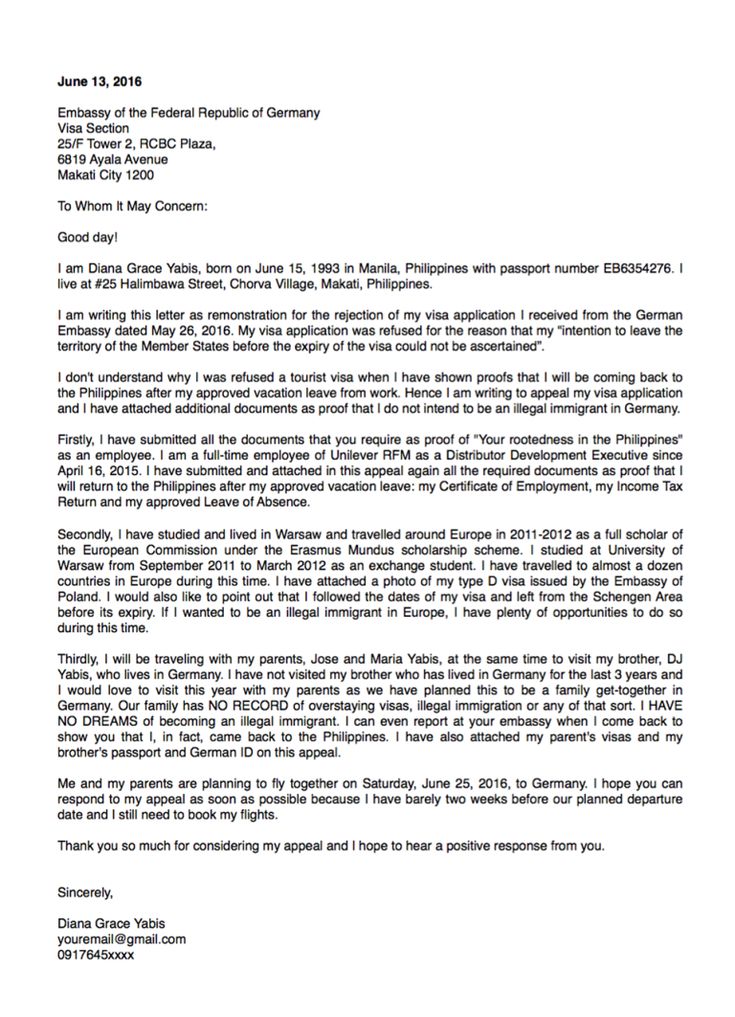 2 of the Federal Law of July 27, 2010 No. 210-FZ).
2 of the Federal Law of July 27, 2010 No. 210-FZ).
Contents of the complaint (Article 11.2 of Federal Law No. 210-FZ of July 27, 2010)
- Name of the body providing the public service, the official of the body providing the public service, or the civil servant whose decision and actions (inaction) are being appealed; nine0006
- Last name, first name, patronymic (the last one, if any), information about the place of residence of the applicant - an individual or name, information about the location of the applicant - a legal entity, as well as contact phone number (numbers), e-mail address (addresses) (if available) and the postal address to which the response should be sent to the applicant;
- Information about the appealed decisions and actions (inaction) of the body providing the public service, an official of the body providing the public service, or a civil servant; nine0006
- Arguments on the basis of which the applicant does not agree with the decision and action (inaction) of the body providing the public service, an official of the body providing the public service, or a public servant.

Consideration of appeals from citizens, associations of citizens, including legal entities with complaints about non-normative acts of tax authorities, actions (inaction) of their officials, in the manner established by Federal Law No. 59 of 02.05.2006Top of page
Method of appeal
The appeal is sent directly to that state body, local government body or that official whose competence includes resolving the issues raised in the appeal (Article 8 of the Federal Law of 02.05.2006 No. 59-FZ).
Application form
In writing or in the form of an electronic document (Article 4 of Federal Law No. 59-FZ of 02.05.2006).
Contents of the appeal (Article 7 of Federal Law No. 59 dated 02.05.2006-FZ)
- in a written application must be indicated: the name of the state body or the surname, name, patronymic of the relevant official (or the position of the relevant person), surname, name, patronymic (the last - if any), postal address at which a response must be sent, a notification about the redirection of the appeal; the citizen in the appeal sets out the essence of the complaint, puts a personal signature and date.
 If necessary, in support of his arguments, the citizen shall attach documents and materials or their copies to the written application; nine0006
If necessary, in support of his arguments, the citizen shall attach documents and materials or their copies to the written application; nine0006 - in an appeal received by a state body or official in the form of an electronic document, the last name, first name, patronymic (the last one - if available), e-mail address, if the response must be sent in the form of an electronic document, and postal address, if the answer must be sent in writing. A citizen has the right to attach the necessary documents and materials to such an appeal in electronic form or send the specified documents and materials or their copies in writing. nineTo the top of the page
The types of federal state control (supervision) carried out by the Federal Tax Service, which are subject to the provisions of Federal Law No. 248-FZ of July 31, 2020 “On State Control (Supervision) and Municipal Control in the Russian Federation”, include:
- federal state control (supervision) over the organization and conduct of gambling;
- federal state control (supervision) over the conduct of lotteries; nine0006
- federal state license control (supervision) over the production and sale of counterfeit-proof printing products;
- federal state control (supervision) over compliance with the legislation of the Russian Federation on the use of cash registers, including the completeness of accounting for revenue in organizations and individual entrepreneurs.

The procedure for pre-trial appeal against decisions of control (supervisory) bodies, actions (inaction) of their officials in the exercise of state control (supervision) is established by Chapter 9Federal Law No. 248-FZ of July 31, 2020, as well as the relevant regulation on the type of control.
At the same time, in accordance with Decree of the Government of the Russian Federation dated April 28, 2021 No. 663 in relation to federal state control (supervision) over the organization and conduct of gambling, a mandatory pre-trial procedure for considering complaints is applied to holding lotteries.
Deadline for filing a complaint
(Article 40 of Federal Law No. 248-FZ of July 31, 2020)A complaint against a decision of a control (supervisory) body, actions (inaction) of its officials may be filed within thirty calendar days from the day when the controlled person knew or should have known about the violation of his rights.
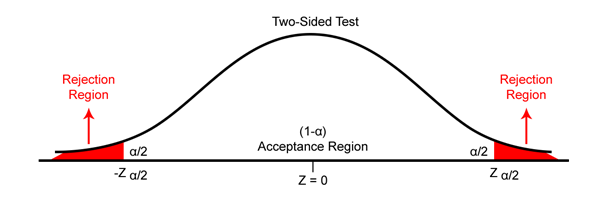 nine0003
nine0003 A complaint against an order of the control (supervisory) body may be filed within ten working days from the moment the controlled person receives the order.
Form and content of the complaint
(Article 41 of Federal Law No. 248-FZ of July 31, 2020)The complaint must contain: and (or) action (inaction) of which is appealed;
- last name, first name, patronymic (if any), information about the place of residence (place of business) of the citizen, or the name of the applicant organization, information about the location of this organization, or details of the power of attorney and last name, first name, patronymic (if any) of the person, filing a complaint by proxy, the desired method of interaction during the consideration of the complaint and the desired method of obtaining a decision on it; nine0006
- information about the appealed decision of the control (supervisory) body and (or) the action (inaction) of its official, which led or may lead to a violation of the rights of the controlled person who filed the complaint;
- grounds and arguments on the basis of which the applicant does not agree with the decision of the control (supervisory) body and (or) the action (inaction) of the official.
 The applicant may submit documents (if any) confirming his arguments, or copies thereof; nine0005 claims of the complainant;
The applicant may submit documents (if any) confirming his arguments, or copies thereof; nine0005 claims of the complainant; - the registration number of the control (supervisory) measure in the unified register of control (supervisory) measures in respect of which the complaint is filed, unless otherwise established by the Government of the Russian Federation.
The complaint must not contain obscene or offensive language, threats to life, health and property of officials of the control (supervisory) body or members of their families.
A complaint can be filed by an authorized representative of a controlled entity in the event that the relevant right is delegated to him using the federal state information system "Unified Portal of State and Municipal Services (Functions)". nine0003
The position of the Commissioner for the Protection of the Rights of Entrepreneurs under the President of the Russian Federation, his public representative, the Commissioner for the Protection of the Rights of Entrepreneurs in the constituent entity of the Russian Federation, relating to the subject of the complaint, may be attached to the complaint. The response to the position of the Commissioner under the President of the Russian Federation for the Protection of the Rights of Entrepreneurs, his public representative, the Commissioner for the Protection of the Rights of Entrepreneurs in the constituent entity of the Russian Federation is sent by the authorized body to the person who filed the complaint within one working day from the date of the decision on the complaint. nine0003
The response to the position of the Commissioner under the President of the Russian Federation for the Protection of the Rights of Entrepreneurs, his public representative, the Commissioner for the Protection of the Rights of Entrepreneurs in the constituent entity of the Russian Federation is sent by the authorized body to the person who filed the complaint within one working day from the date of the decision on the complaint. nine0003
Procedure for filing a complaint
(Article 40 of Federal Law No. 248-FZ of July 31, 2020)
A complaint is filed by a citizen or organization as a controlled person to the appropriate body authorized to consider a complaint, determined in accordance with part 2 of Article 40 of the Federal Law of July 31, 2020 .2020 No. 248-FZ), in electronic form using a single portal of state and municipal services. When filing a complaint by a citizen, it must be signed with a simple electronic signature or an enhanced qualified electronic signature. When filing a complaint by an organization, it must be signed with an enhanced qualified electronic signature. nine0003
When filing a complaint by an organization, it must be signed with an enhanced qualified electronic signature. nine0003
The Federal Tax Service of Russia informs that if there is no information on inspections in relation to a controlled person in the form for filing a complaint “Complaint against a decision of control authorities” posted on the single portal of state and municipal services, it is necessary to act in accordance with the attached instructions.
Instruction
pdf (407 kb)
Download
Complaints against decisions on state registration or on refusal of state registration (Federal Law of 08.08.2001 No. 129To the top of the page
On August 22, 2014, the norms of legislation regulating the procedure for appealing against decisions on state registration or on refusal of state registration came into force (Federal Law No. 241-FZ dated July 21, 2014).
Complaint - an appeal by an interested person, the subject of which is an appeal against the decision of the registering authority on state registration or on refusal of state registration.
For the purpose of prompt and complete consideration of complaints, a complaint against the decision of the registering authority is submitted to a higher registering authority or to the Federal Tax Service through the registering authority, the decision of which is being appealed. ninewithin three months from the date of receipt of the registration authority's decision to refuse state registration
The decision of the territorial registration authority to refuse state registration may be appealed to a court and (or) to the Federal Tax Service only after it has been appealed to a higher registration authority. nine0003
A decision made by a higher registering authority based on the results of consideration of a complaint against a decision on state registration or on refusal of state registration may be appealed to the Federal Tax Service within three months from the date the higher registering authority takes a decision on a complaint against a decision of a territorial registration authority.
Form and method of filing a complaint (Federal Law of 08.08.2001 N 129-FZ "On State Registration of Legal Entities and Individual Entrepreneurs")
written form in the form of an electronic document
- directly
- by mail
The complaint must be signed by the person filing the complaint or by their representative.
Complaint in the form of an electronic document must be signed with a qualified electronic signature.
The complaint must contain:
- last name, first name and (if any) patronymic, place of residence of the individual filing the complaint, or name and address (location) of the legal entity filing the complaint; nine0006
- information about the contested decision of the registration authority;
- name of the registering authority whose decision is being appealed;
- grounds on which the complainant believes that his rights have been violated;
- claims of the complainant.

The complaint will be dismissed if:
- the complaint was not signed by the person who filed the complaint or his representative, or documents confirming the authority of the representative to sign it were not submitted; nine0006
- the complaint was filed after the deadline for filing a complaint and does not contain a request for its restoration or the restoration of the missed deadline was denied;
- prior to the adoption of a decision on the complaint, the person who filed it received an application to withdraw the complaint;
- previously filed a complaint on the same subject and on the same grounds;
- there is a court or arbitration court decision that has entered into legal force on the same subject and on the same grounds for challenging.
Go A complaint can be filed through the electronic service "Apply to the Federal Tax Service of Russia"
Information on the progress and results of the consideration of a complaint can be obtained using the electronic service "Learn about a complaint".
If you have any questions related to the application of the legislation on state registration of legal entities and individual entrepreneurs, it is recommended to contact the information services "Frequently Asked Questions" and "Resolutions on Complaints".
Pre-trial (out-of-court) procedure for appealing decisions and actions (inaction) of tax authorities exercising state control and supervision over compliance with currency legislation, as well as their officials 9Top of the page
Subjects of the audit (residents (except for credit institutions, non-credit financial institutions provided for by Federal Law No. 86-FZ of July 10, 2002 “On the Central Bank of the Russian Federation (Bank of Russia)) and non-residents) (hereinafter referred to as applicants) have the right to appeal in a pre-trial (out-of-court) procedure actions (inaction) and (or) decisions of tax authorities as currency control bodies and their officials in the exercise of control and supervision over compliance with currency legislation. nine0003
nine0003
An exhaustive list of grounds for suspending the consideration of a complaint and cases in which a response to a complaint is not given is provided for by the Administrative Regulations approved by Order of the Federal Tax Service of Russia dated August 26, 2019 No. ММВ-7-17/418@.
State authorities, organizations and persons authorized to consider the complaint, to whom the applicant's complaint can be sent in the pre-trial (out-of-court) procedure
decisions when exercising control and supervision over compliance with currency legislation:
- inspections of the Federal Tax Service of Russia for districts, districts in cities, cities without district division, inspections of the Federal Tax Service of Russia at the interdistrict level - the head (deputy head) of the department of the Federal Tax Service of Russia for the constituent entity of the Russian Federation;
- departments of the Federal Tax Service of Russia for the constituent entities of the Russian Federation and interregional inspections of the Federal Tax Service of Russia for the largest taxpayers - the head (deputy head) of the Federal Tax Service of Russia;
- officials of the Federal Tax Service of Russia - to the head of the Federal Tax Service of Russia, to the Ministry of Finance of the Russian Federation; nine0006
- the head of the Federal Tax Service of Russia, including in connection with the failure to take measures based on the legislation of the Russian Federation in relation to the actions or inaction of officials of the Federal Tax Service of Russia, to the Ministry of Finance of the Russian Federation.

Deadlines for considering a complaint
A complaint received by a tax authority or an official of a tax authority is considered within thirty days from the date of its registration.
In exceptional cases, as well as in the case of sending a request to another tax authority for the submission of additional documents and materials, or in case of sending a request to other state bodies, local governments or officials (including another tax authority) to obtain the necessary in order to consider a complaint of documents and materials, the head (deputy head) of the tax authority considering the complaint has the right to extend the term for considering the complaint for no more than thirty days, notifying the applicant who filed the complaint of the extension of the term for considering it. nine0003
Result of pre-trial (out-of-court) appeal
Based on the results of consideration of the complaint, a written response is prepared.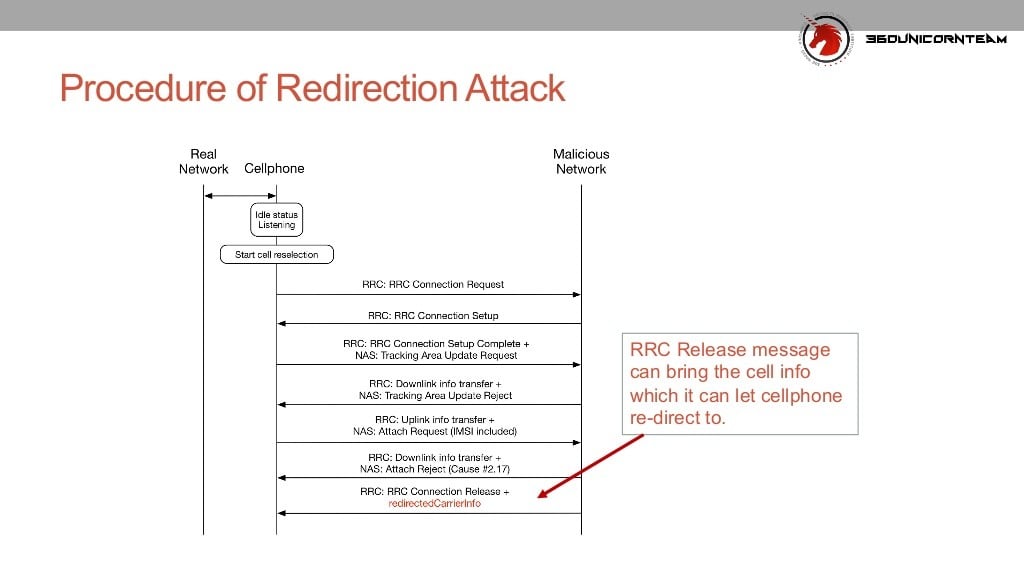
The response to the complaint is sent in the form of an electronic document to the e-mail address specified in the complaint received by the tax authority or the relevant official in the form of an electronic document, or in writing to the address indicated in the complaint received by the tax authority or the relevant official person in writing. nine0003
What to do in case of visa refusal
+7 (4752) 75-63-26 Tambov, st. Pionerskaya 5 b, office 9 Mon-Fri: 09:00-19:00; Sat: 11:00-15:00
The tour is paid, the tickets are bought, the suitcases are impatiently waiting in the closet - only a few days left before the trip. And then - a disaster, the embassy refused to issue a visa. The tour operator returns the documents and throws up his hands, and now there is a terrible seal in the passport. You will have to plan your vacation again or completely forget about traveling for a long time ... Do not give up, you need to fight for your freedom of movement! nine0029 Visa denial - end of journey?
To begin with, let's look at what is fraught with refusal to issue a visa.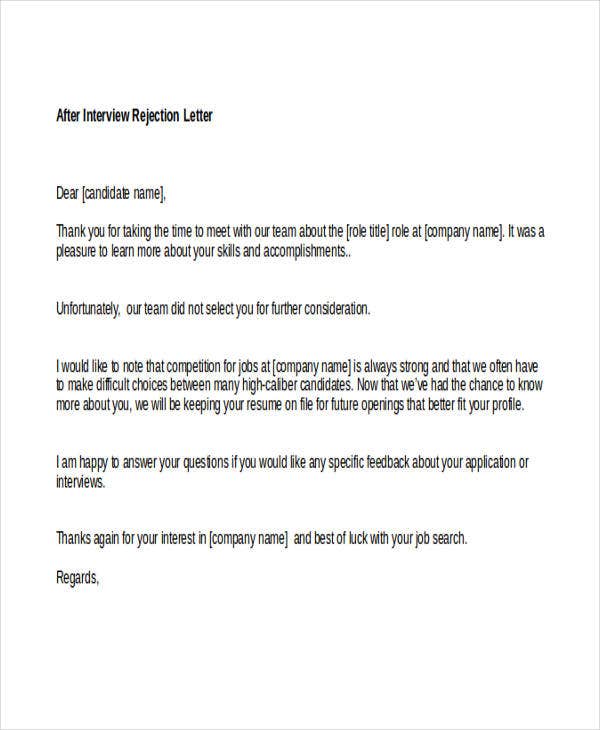 Do you think the consequences are only broken plans? Not really. The next time you come to receive a visa (to the country that refused or to any other - it doesn’t matter), the probability of a new refusal is extremely high. In the vast majority of cases, your documents will not even be considered. This is a vicious circle - a refusal stamp provokes a new refusal without any objective reasons, and if you have two stamps, the chances of obtaining a visa are almost zero. nine0029 For example, the rules for obtaining a visa to France openly state: "The passport must not contain stamps on the refusal to issue a Schengen visa, or any stamps on the request for a visa of the Schengen countries. If before that there were refusals in the consulates of the Schengen countries, a new failure is likely.
Do you think the consequences are only broken plans? Not really. The next time you come to receive a visa (to the country that refused or to any other - it doesn’t matter), the probability of a new refusal is extremely high. In the vast majority of cases, your documents will not even be considered. This is a vicious circle - a refusal stamp provokes a new refusal without any objective reasons, and if you have two stamps, the chances of obtaining a visa are almost zero. nine0029 For example, the rules for obtaining a visa to France openly state: "The passport must not contain stamps on the refusal to issue a Schengen visa, or any stamps on the request for a visa of the Schengen countries. If before that there were refusals in the consulates of the Schengen countries, a new failure is likely.
Sometimes if there is a repeated refusal to issue a Schengen visa, a serious preventive measure may follow - a refusal for 10 years or a general ban on crossing the Schengen border.
Who's guilty?
Most often, a refusal to issue a visa occurs without explanation, however, in order to successfully resolve the issue, it is necessary to find out. So, if your passport contains:
So, if your passport contains:
- stamp 1-C, remember if there were any excesses during your previous stay in this country. Were they breaking the law? Do you have unpaid fines? Since the Consulate is unlikely to explain the reason for the refusal, it remains either to guess or sign up for a consultation with the embassy.
- stamp 2-C, this means that you need to appear for an interview. nine0029 - stamp 3-C - the Consulate has questions about the documents provided.
Possible reasons for rejection
1. Misunderstanding with documents
In the vast majority of cases, the reason for rejection is misunderstanding with documents. They may be incorrectly formatted (errors, typos - nothing is forgiven), some certificates may be missing in the package, documents may be lost, in the end ... Consulates really do not like negligent attitude to traveling abroad - for example, many a week ago, a clean passport, and the old one, with many visas, is left at home. nine0029 2. "Sexism, nationalism"
Unfortunately, embassy staff can often be accused of sexism, nationalism and racism. Embassies traditionally do not like young unmarried girls (it does not matter that this girl is going to take exams at the Sorbonne, in the eyes of officials she is a potential "Russian bride" or a dancer in a foreign club). Refusal to issue visas is often received by citizens registered or born in the Caucasus region. In addition, the visa issue is seriously affected by relations between states - for purely political reasons, you may be denied entry by a number of European countries. nine0029 3. Just like that
Embassies traditionally do not like young unmarried girls (it does not matter that this girl is going to take exams at the Sorbonne, in the eyes of officials she is a potential "Russian bride" or a dancer in a foreign club). Refusal to issue visas is often received by citizens registered or born in the Caucasus region. In addition, the visa issue is seriously affected by relations between states - for purely political reasons, you may be denied entry by a number of European countries. nine0029 3. Just like that
The embassy may not suit your monthly income, you may be suspected of intending to immigrate, you may remind an official of an unreliable football fan... There are a great many reasons for refusal. One more thing should not be overlooked: the refusal of a visa for no reason, because of the bad mood of an embassy employee, because of low atmospheric pressure, because of your unsuccessful make-up and simply because you didn’t like you.
Opinion:
Natalia, 24 years old: "Last year I got a visa to Spain, without having several necessary documents in my hands and not really hoping for success at all.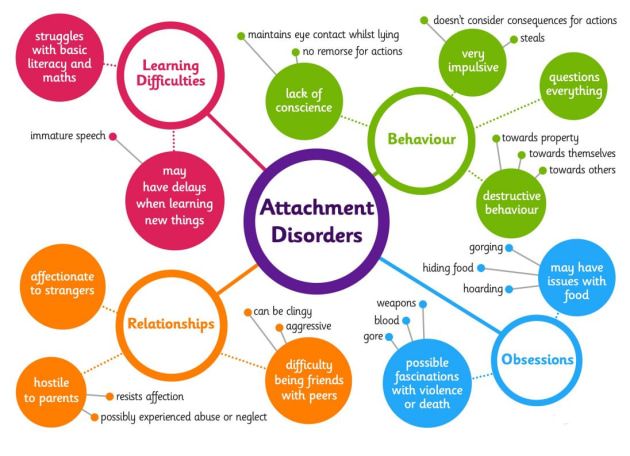 This year I was refused, despite perfectly completed certificates and a good reason, because who needed entry. Issuing a visa is an unpredictable process. Next time, before going to the embassy, I’ll look at a fortuneteller ... "
This year I was refused, despite perfectly completed certificates and a good reason, because who needed entry. Issuing a visa is an unpredictable process. Next time, before going to the embassy, I’ll look at a fortuneteller ... "
What to do if you were refused a visa
The vast majority of Russians, having received a refusal stamp, put their passports away and remember them a year later, when the time comes for a new vacation. However, if you want to travel abroad in the near future, you need to act immediately.
So:
- If the reason for the refusal was incorrectly filled out documents or their lack - draw up everything again and bring it to the embassy again.
- If the reason for the refusal is unpaid traffic fines, contact the road department of the country, asking them to forward the details for paying the fine. Only after paying it, make new attempts to destroy the consular wall of distrust. nine0029 - If you are suspected of intending to immigrate, collect all the documents again, and attach the maximum number of additional papers. General advice: the more documents you submit, the better. Certificates of marriage, ownership of real estate, car, business, dog... All this will make it clear to the visa officer that you have strong ties with your homeland, and you are not going to part with it.
General advice: the more documents you submit, the better. Certificates of marriage, ownership of real estate, car, business, dog... All this will make it clear to the visa officer that you have strong ties with your homeland, and you are not going to part with it.
Travel Agencies
Do not trust travel agencies to organize trips that are extremely important to you. The probability of obtaining a visa even in the most "capricious" embassy in person is much higher than with the help of an intermediary, who, in fact, does not care at all about your life plans. In case of refusal - personally understand the reasons and independently (or with the help of a qualified lawyer) fight for the "purity" of your passport. nine0029 Appeal
You have 1.5 months from the date you received the denial to file an appeal. Write an application according to the model at the embassy or travel agency that sent your documents for a visa. All certificates confirming your correctness must be attached to it. In the case of a successful resolution of the issue (and this happens quite often), the stamp will be extinguished, sealed with a visa, or even a new passport will be issued to you. After that, get a visa in a country that is more loyal to Russian tourists (for example, in Finland or Belgium). When you have a brand new visa, hardly anyone will remember the past misunderstanding. nine0003
In the case of a successful resolution of the issue (and this happens quite often), the stamp will be extinguished, sealed with a visa, or even a new passport will be issued to you. After that, get a visa in a country that is more loyal to Russian tourists (for example, in Finland or Belgium). When you have a brand new visa, hardly anyone will remember the past misunderstanding. nine0003
I AGREE to the processing and storage of my personal data specified by me in the Form in accordance with the terms of this consent to the processing of personal data.
Share with friends:
HOW TO PAY AGREEMENT
CASHBACK CARD REGISTRATION
SBERBANK - ONLINE PAYMENT
Application
Application by phone or on the site
Agreement and payment
Signing the contract and choosing a payment method
Issues of documents
Bilets, insurance, vouchers, visas necessary for travel
Personal manager always Communications
OFFICE ADDRESS
Tambov,
st.



